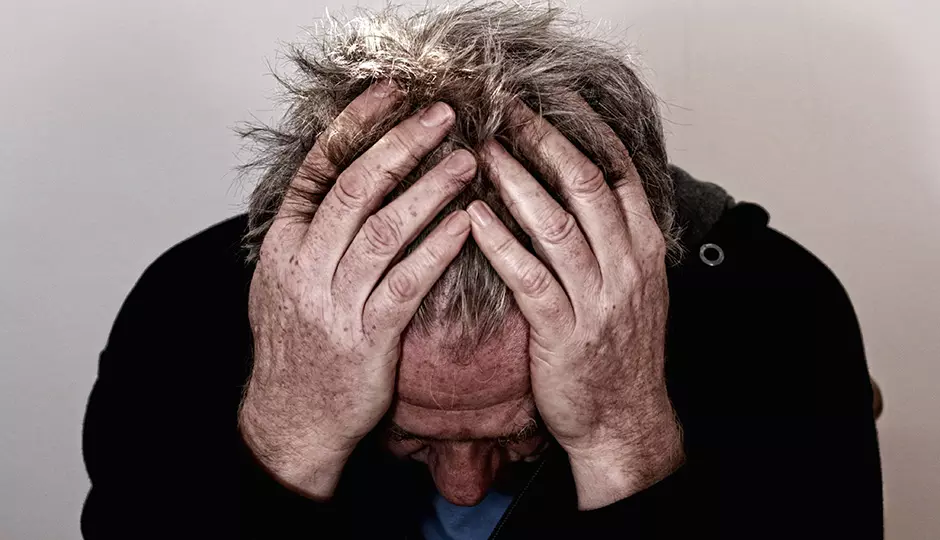In the treatment of hair loss, no two people are exactly the same. But everyone can follow the same general rules to promoting healthy skin and preventing hair loss. Part of that prevention strategy is controlling an oily substance produced by the body known as sebum.
Sebum has a positive purpose. It is the moisturizing substance in the follicle that keeps the hair from becoming dry and brittle and breaking off. Sebum also prevents dry skin. Men have more of it than women and tend not to wrinkle as much. Unfortunately, when we produce too much sebum, the scalp becomes oily and clogs the hair follicles. Too much sebum also causes dandruff and acne.
Our hair follicles are surrounded by sebaceous glands. Overproduction of sebum leads to blockage, inflammation, and hardening in the pores. That, in turn, leads to the thinning of the hair with accompanying hair loss. So, oily scalp can cause the hair to fall out faster than it can grow back.
The challenge, then, is to keep sebum production in check. Hair care specialists suggest the following to keep those sebaceous glands under control.
Use a hair brush.
Brushing the hair stimulates the blood capillaries and keeps the blood circulating, Blood brings oxygen to the scalp along with the nutrients that the scalp and hair follicles need to maintain healthy hair growth. Brushing encourages the skin pores on the scalp to stay open and breathe so they can retain the proper amount of oily sebum.
Eat properly.
Poor eating habits, along with vitamin deficiency, can lead to over production of sebum and hair loss. Iron deficiency, low levels of Vitamin C, and thyroid conditions can likewise lead to hair thinning. Niacin, proper levels of zinc, along with properly prescribed hair growth supplements can be effective measures in preventing hair loss.
Hair is protein.
We are what we eat, and high-quality protein foods with amino acids should be a part of everyone’s diet. Some of the foods that are complete proteins are:
- Buckwheat
- Chia seeds
- Dairy products
- Hemp seed
- Quinoa (has high levels of iron, magnesium, and manganese)
- Rice and bean combinations
- Soy products (e.g. tofu)
Reduce stress.
In addition to excess sebum, stress and hair loss can be related. High levels of stress can cause three major types of hair loss:
- Telogen effluvium, is where significant stress pushes hair follicles into a resting phase. After a few months, the affected hairs tend to suddenly fall out after just combing or washing.
- Trichotillomania (pronounced try-co-till-o-mania), is characterized by an irresistible urge to pull the hair out from the scalp or other parts of the body. It can be a way of dealing with negative feelings caused by frustration, boredom, loneliness or tension.
- Alopecia areata, where the body’s autoimmune system mistakenly attacks its hair follicles. In extreme cases alopecia areata can result in total body hair loss.
Practicing stress reduction activities—exercise, yoga, meditation— can be a good step in keeping a healthy head of hair. Fortunately, relieving stress can help aid hair restoration.
Hair restoration is what we’re all about…
At New Image, we know there is more to treating hair loss than just keeping oily scalp under control. Hair restoration solutions are constantly growing, and New Image is Pennsylvania’s leader. Contact us and see what solutions we have for your unique situation.



